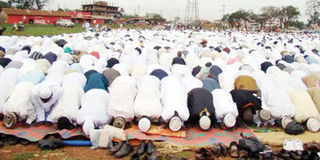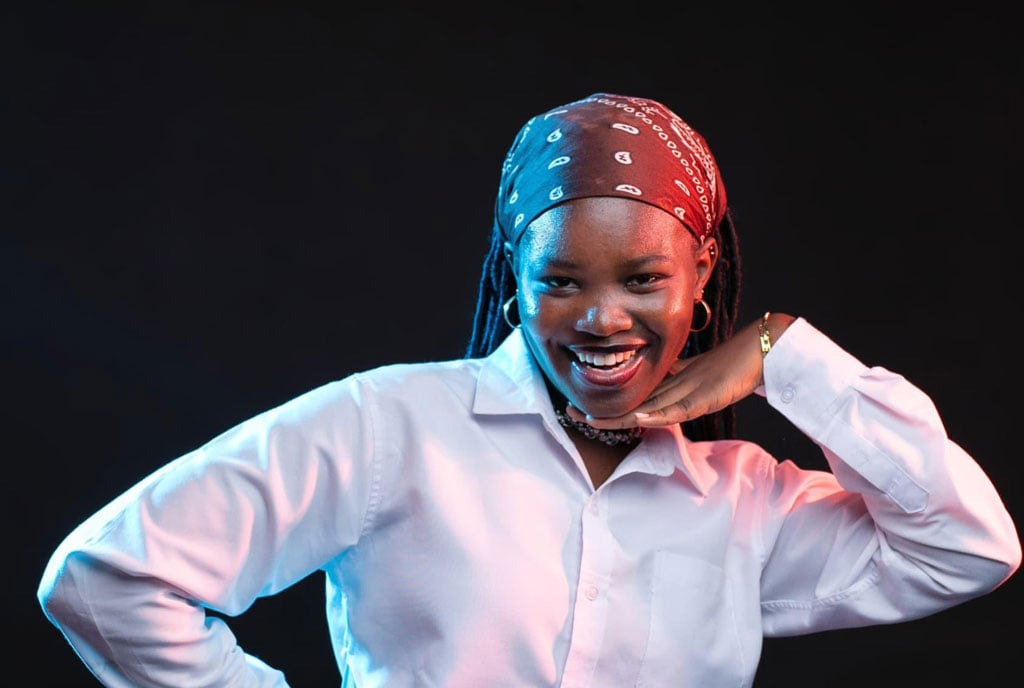Prime
Eid Al-Adha represents the act of sharing and submissiveness to Allah

To many non Muslims, it may seem as though Eid Al- Fitr is more important than Eid Al-Adha because of the fuss made about the former, but the reverse is true, writes Sarah Tumwebaze.
According to Sheikh Othman Alonga of the Saudi Cultural Centre, Muslims only have two main festivals. One of these is Eid al-Fitr, which is commemorated to mark the conclusion of the fasting period. The other festival, Eid Al-Adha (Festival of Sacrifice) is at the end of the annual pilgrimage to Mecca (Hajj) and is celebrated by Muslims for three days.
Sheikh Alonga explains that this day commemorates the trial and triumph of Prophet Ibrahim (Abraham) and his willingness to sacrifice his son Ismail (Ishmael) as an act of obedience to God.
“When Ibrahim was told by Allah to kill his only son Ishmael, he did not hesitate and made preparations to submit to Allah’s will. Just as he was about to sacrifice his son, Allah stopped him and told him his sacrifice had been fulfilled. Ibrahim had shown that he put the Lord before everything else, so Allah provided him with a ram to sacrifice instead,” the sheikh says, explaining that during the celebration of Eid Al-Adha, Muslims remember Ibrahim’s triumph by slaughtering animals like sheep, camels, cows and goats.
However, Hassan Lutaya says before the final date of the festival, there are 10 voluntary fasting days, whereby one can decide to fast throughout or choose one day, preferably the last one, to fast. He explains that fasting during this time is optional but those who do it get rewarded by Allah.
And on the next day, which is Eid Al-Adha, Muslims attend morning prayers at mosques while still fasting. After prayers, they unbreak the fast and are free to visit family members and friends and exchange greetings and gifts. Afterwards, family members make preparations for the slaughter of an animal and share the meat amongst themselves.
Sheikh Alonga says the meat from the sacrifice of Eid al-Adha is mainly given away. It’s divided into three equal portions whereby, “One third of the meat is eaten by immediate family members, the other given to friends and neighbours and the remaining donated to the poor,” Sheikh Alonga says.
“The act of sharing represents the willingness of man to give up things that are of benefit to him in order to follow Allah’s commands. It also signifies man’s willingness to give up some of his own property so as to strengthen his relationship with other and help those who are in need,” says the sheikh. “A true Muslim therefore submits entirely to the will of Allah and is willing to follow His commands and share with others,” Sheikh Alonga concludes.




